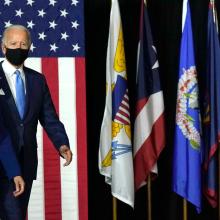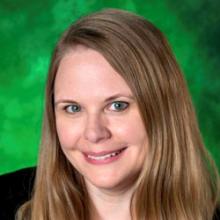Creating a Path Forward: International Education, Climate Change, and Sustainability
A Special Edition by the 2020-21 NAFSA Senior Fellows Download the May 2021 Issue Introduction By Dorothea J. Antonio The 2020-21 NAFSA Senior Fellows are featured in this special edition of Trends & Insights. Recognized for their considerable experience and outstanding academic scholarship, the
Read More



